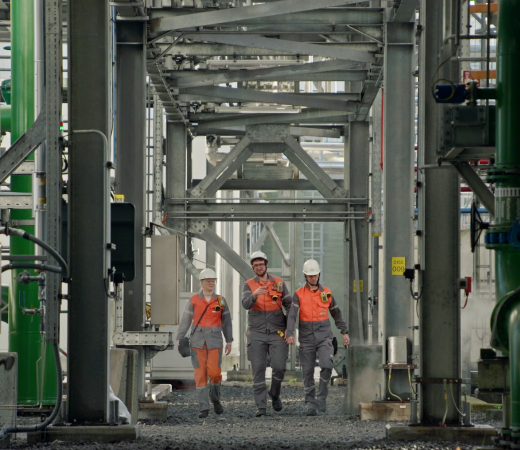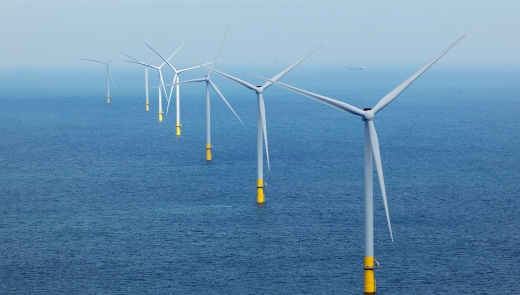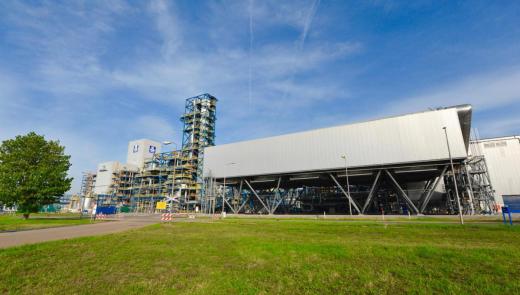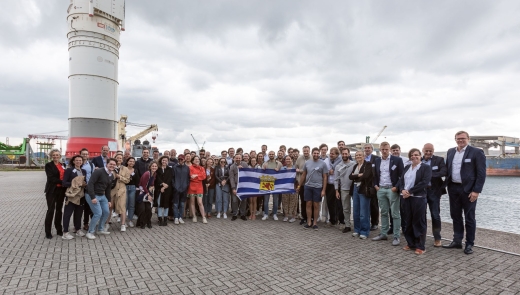Steelanol: innovation at risk of disappearing without appropriate European regulation
Steelanol: innovation at risk of disappearing without appropriate European regulation

ArcelorMittal Belgium, a partner within the Smart Delta Resources network, aims to be climate neutral by 2050. With the Steelanol plant in Ghent, the company shows how CO (carbon monoxide) from industrial residual gases is converted into ethanol, a raw material for fuels and the chemical sector. A paragon of circular economy and industrial innovation.
But innovation alone is not enough. Strict European rules not designed for innovative processes like Steelanol threaten to make it disappear. This is a missed opportunity, not only for ArcelorMittal, but for the entire industrial transition.
Why is Steelanol not profitable today?
The technological process works but there are still technical and operational problems that have prevented the design capacity from being achieved yet. ArcelorMittal is hopeful that these will be resolved in the coming year. So it is mainly the regulatory context that makes the project unprofitable:
- Certification as advanced biofuel is possible but in minimal quantities
- Certification as a recycled fuel is not possible
- CO₂ savings risk not being factored into the company's climate goals.
Without appropriate regulation, Steelanol remains sustainable but not viable. And that slows down the industrial transition.
What is needed and why now?
Shutdown is imminent within one to one-and-a-half years. The plant is operational, but without an appropriate regulatory framework, a profitable business case is not feasible. 35 jobs are at stake and Europe risks losing a pioneering project that came about with the encouragement of governments.
What ArcelorMittal is asking for is not a subsidy, but a regulatory framework that enables innovation:
1. Regulatory framework for circular fuels adapted to the innovative nature of Steelanol.
2. Recognition of CO₂ savings.
3. Policy space for pioneering projects that demonstrate what is already technically possible.
In addition, a technology-neutral approach is crucial. Europe focuses heavily on hydrogen as the climate solution, while workable alternatives such as Steelanol are already saving CO₂ today. Innovation should not be limited to one route.
Smart Delta Resources supports this call. If Europe asks companies to go green faster than the rest of the world, it must also provide the right framework conditions. Only then can we really accelerate the industrial transition - and avoid frontrunners like Steelanol dropping out.
Steelanol key figures:
- Investment: €215 million rising to €250 million in combination with the adjacent Torero project, which converts waste wood into biocoal to replace fossil carbon.
- Public support: €35 million (EU, Flanders, Belgium)
- Loan: €75 million from the European Investment Bank
- CO₂ savings: up to 125,000 tonnes per year
- Production capacity: 64,000 tonnes of ethanol per year
- Number of jobs: 35 direct employees
- Unique in Europe: only plant of this type, with only a similar project in China
Press release ArcelorMittal Belgium: Steelanol: Current status - ArcelorMittal in Belgium


